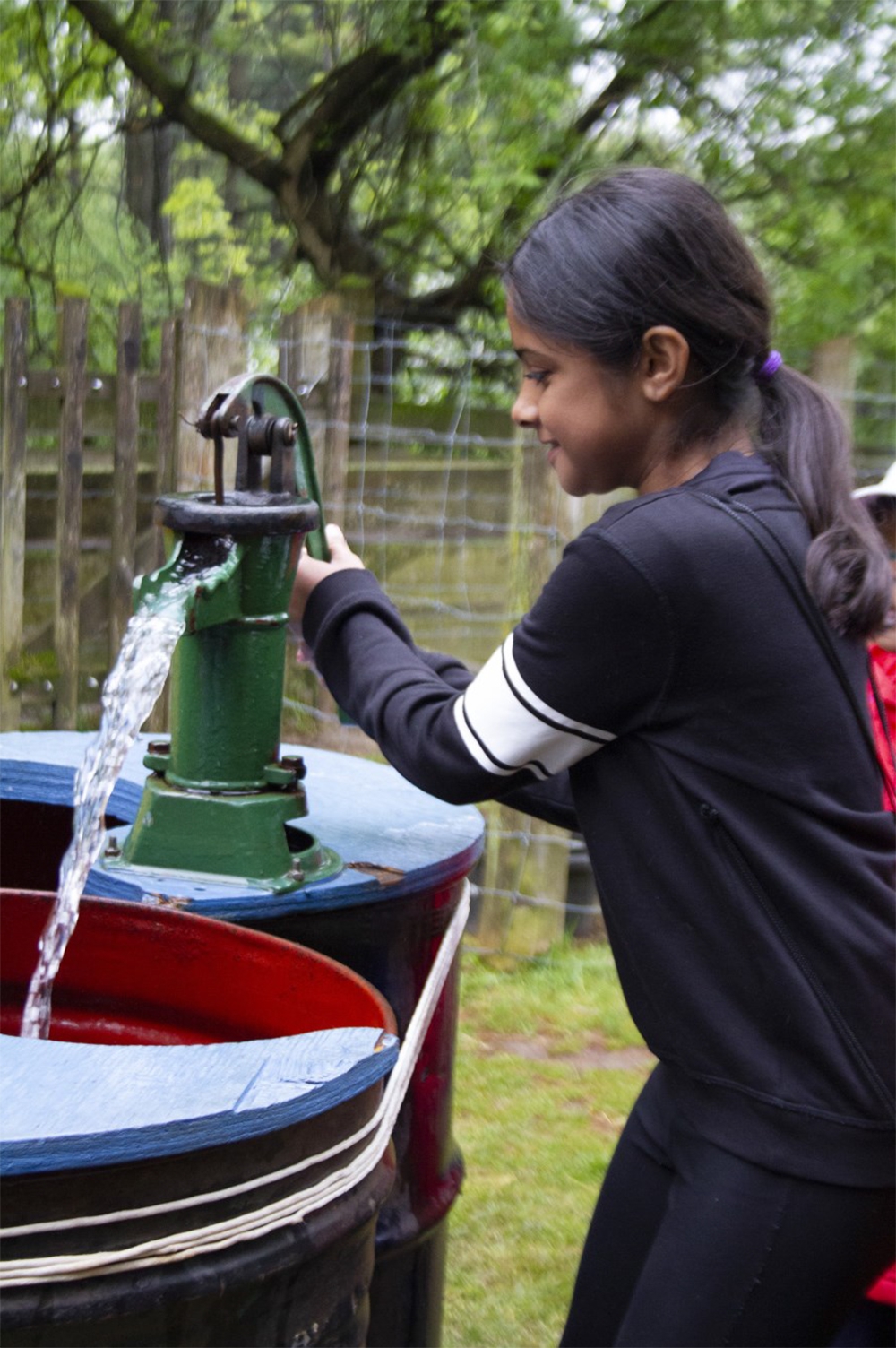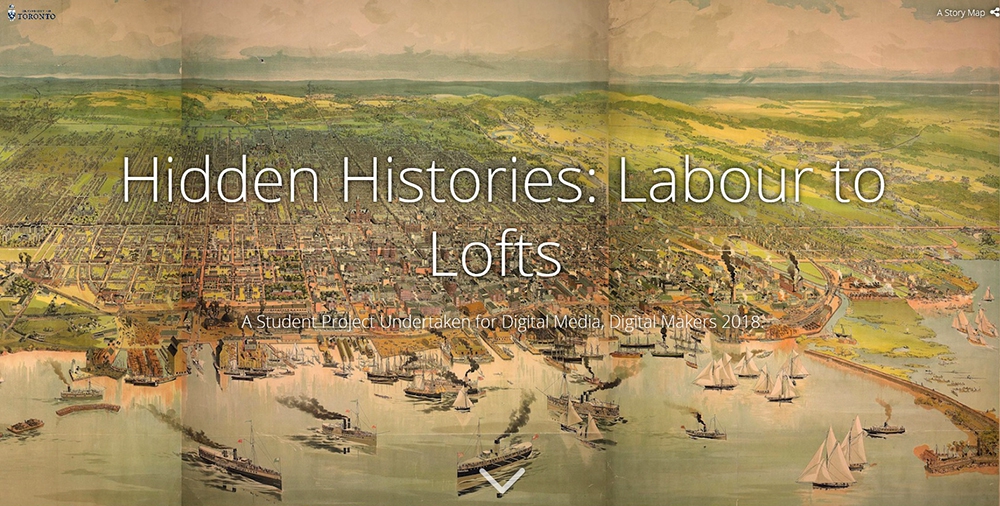Ontario Lieutenant Governor Heritage Awards
Honoured at the Lieutenant Governor’s Ontario Heritage Awards
Last week I had the privilege of attending the ceremony at the Ontario Legislative Assembly, where I was honoured with a Lieutenant Governor’s Ontario Heritage Award. I’m deeply grateful to the Ontario Heritage Trust and to everyone I met for their inspiring work preserving stories, places, and traditions across the province.

About the Awards
The Ontario Heritage Trust celebrates people and projects that protect and share the province’s heritage— from cultural traditions and Indigenous knowledge to built heritage, landscapes, and community stories. The awards recognize leadership, education, conservation, and youth engagement that help future generations understand where we’ve come from.
Highlights From the Ceremony
- Community in action: I heard from students, educators, Elders, and community leaders whose work spans historic architecture, Indigenous rights, environmental conservation, and public programming.
- Shared purpose: A common thread ran through every story—heritage is living and inclusive, and the best work invites people to participate, learn, and add their voices.
- Fuel for the future: I left motivated to deepen my own contributions and to keep creating spaces where more young people can get involved.
Inspiring Projects I Learned About
Waterloo Wellington Children’s Groundwater Festival
Since 2003, students at Galt Collegiate Institute have volunteered to run hands-on learning stations for thousands of Grade 2–5 students—teaching wise water use, protection, and water’s role in ecosystems. It’s a great example of youth leadership making complex topics tangible for younger learners. Learn more.

Hidden Histories: Labour to Lofts
University of Toronto students researched the past and present lives of Toronto’s industrial buildings—digging into archives, maps, and city records, and using digital tools to document how former factories became today’s lofts and creative spaces. It shows how critical research and storytelling can reconnect communities to place. Explore the project website: arcg.is/1TDeO8.

Photos and project summaries above are credited to the Ontario Heritage Trust.
Photo Highlights




Thank You
Thank you to the Ontario Heritage Trust, ceremony organizers, volunteers, and all fellow recipients. Your dedication to conservation, education, and community storytelling is powerful—and contagious.